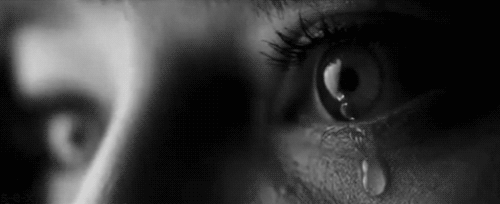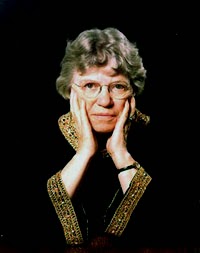11 July 2010
Is there a Divine Plan?
Question: Is there, or is there not, a Divine Plan? What is the sense of our striving if there is not one?
Krishnamurti: Why do we strive? And what are we striving after? What would happen if we did not strive? Would we stagnate and decay? What is this constant striving to be something? What does this strife, this effort, indicate? And, does understanding come through effort, through striving? One is constantly striving to become better, to change oneself, to fit oneself to a certain pattern, to become something - from the clerk to the manager, from the manager to the divine. And, does this striving bring understanding? I think the question of effort should really be understood. What is it that is making the effort, and what do we mean by "the will to be"? We make an effort, do we not?, in order to achieve a result, in order to become better, in order to be more virtuous, or less of Something else. There is this constant battle going on in us between positive and negative desires, one superseding the other, one desire controlling the other - only we call it the higher and the lower self. But, obviously, it is still desire. You can place it at any level, and give it a different name; it is still desire, a craving to be something. There is also the constant strife within oneself and with others, with society. Now, does this conflict of desires bring understanding? Does the conflict of opposites, the want and the non-want, bring clarification? And is there understanding in the struggle to approximate ourselves to an idea? So, the problem is not the strife, the struggle, or what would happen if we did not struggle, if we did not make an effort, if we did not strive to be something, psychologically as well as outwardly; the problem is, how does understanding come into being? Because, when once there is understanding, there is no strife. What you understand, of that you are free. How does understanding come into being? I do not know if you have ever noticed that the more you struggle to understand, the less you understand any problem. But, the moment you cease to struggle and let the problem tell you the whole story, give all its significance - then there is understanding; which means, obviously, that to understand, the mind must be quiet. The mind must be choicelessly, passively, aware; and in that state, there is understanding of the many problems of our life. The questioner wants to know if there is, or if there is not, a Divine Plan. I do not know what you mean by a "Divine Plan." But we do know, do we not?, that we are in sorrow, that we are in confusion, that confusion and sorrow are ever on the increase, socially, psychologically, individually and collectively. It is what we have made of this world. Whether there is a Divine Plan or not, is not important at all. But what is important is, to understand the confusion in which we live, outwardly as well as inwardly. And to understand that confusion, we must begin, obviously, with ourselves - because we are confusion; it is we who have produced this outward confusion in the world. And to clear up that confusion, we must begin with ourselves; because, what we are, the world is.
(London 4th Public Talk 23rd October 1949)
Subscribe to:
Post Comments (Atom)






































No comments:
Post a Comment